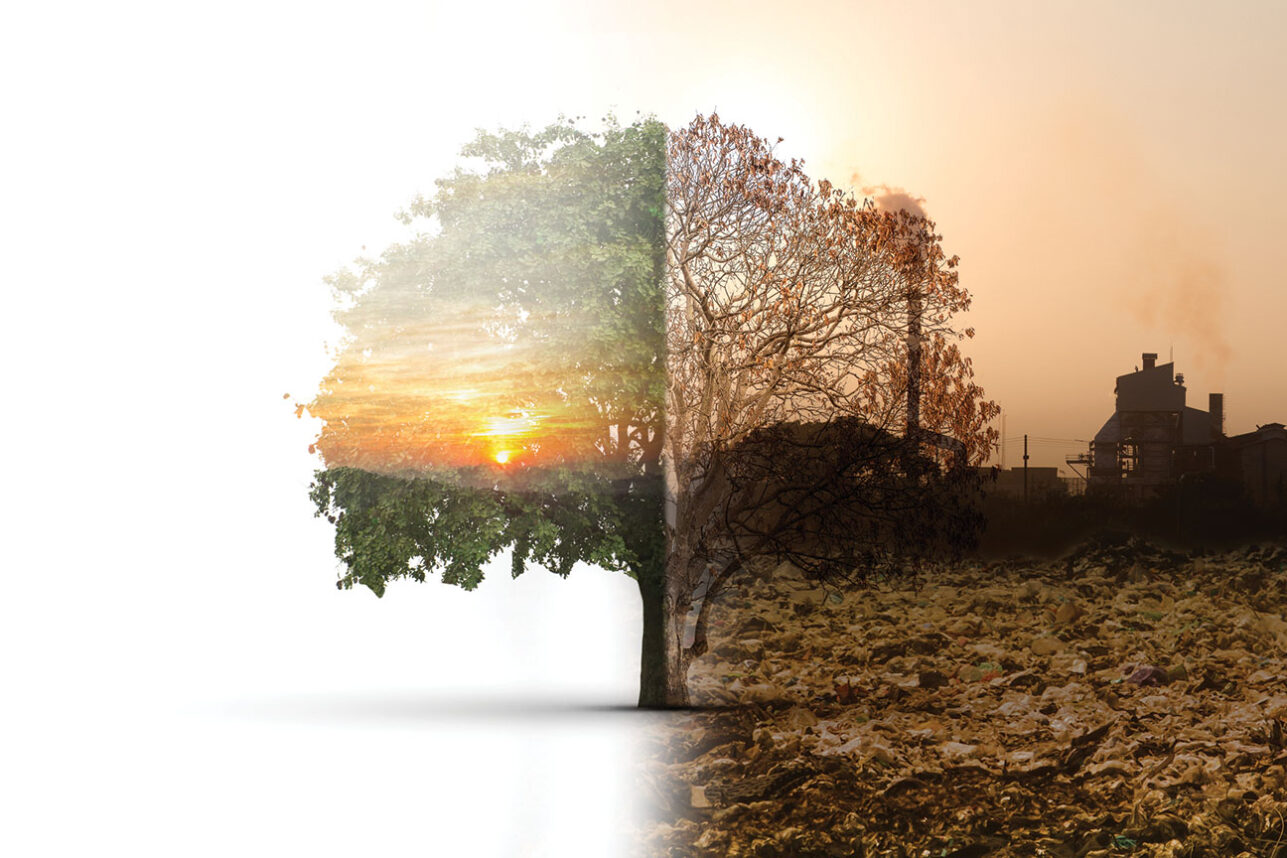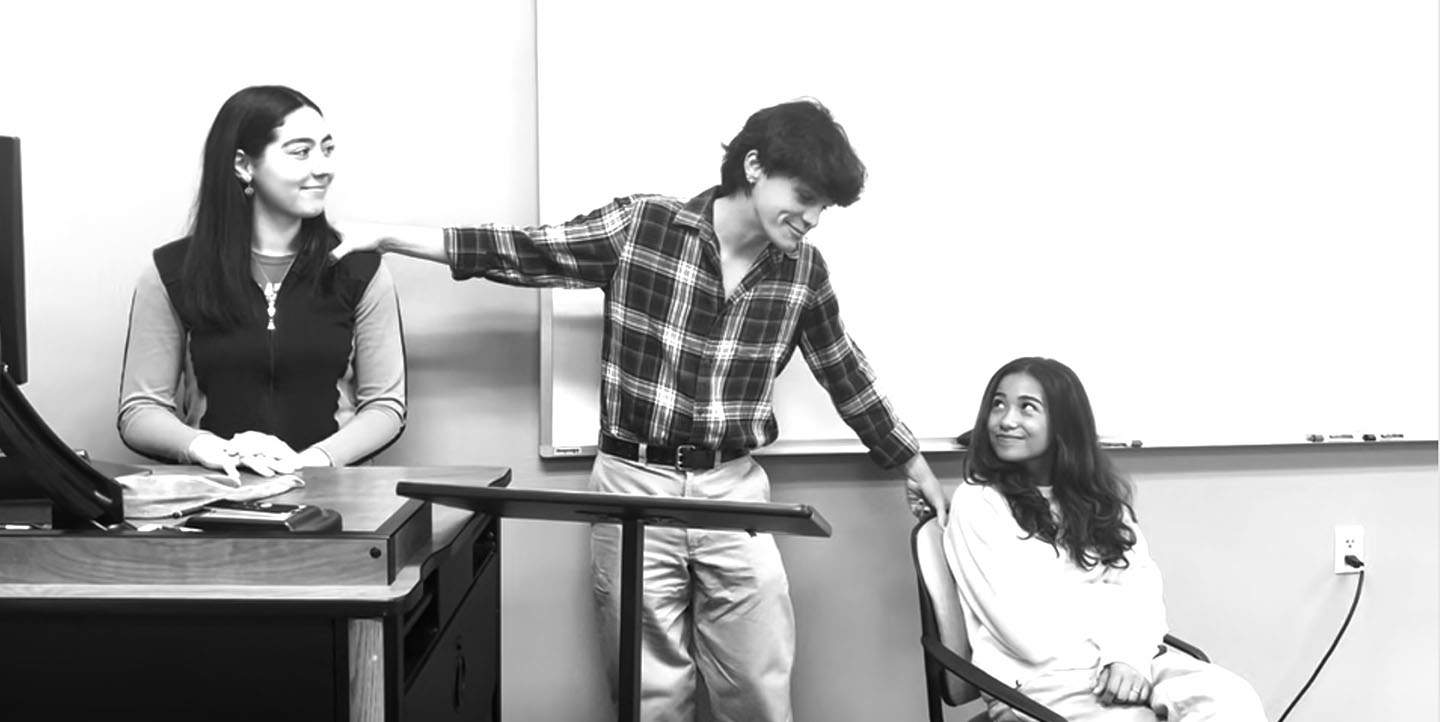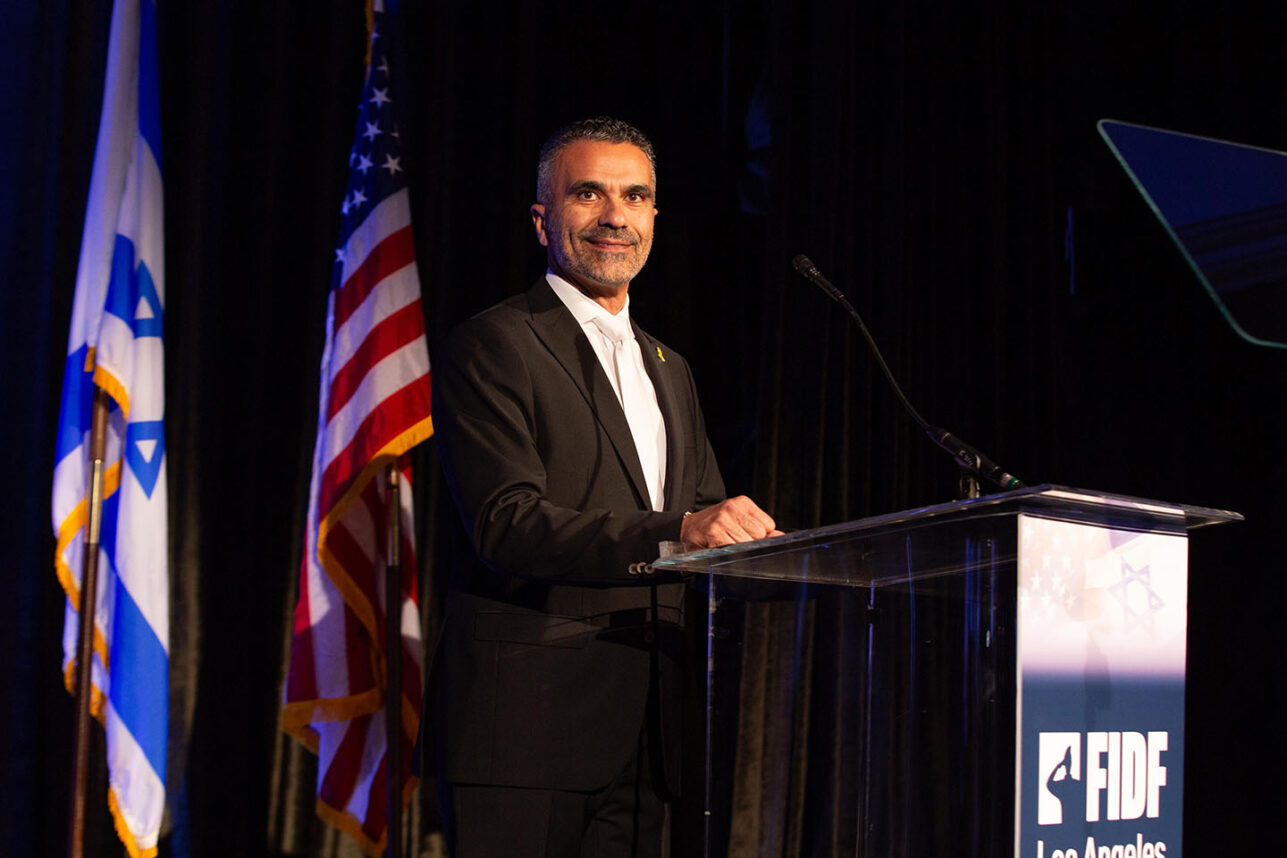You know me, Rabbi. You know how important thesynagogue is to me, how much I enjoy services; you see me at yourTorah classes. You know what kind of Jew I am: I am the only one atthe family seder table who can read the Hebrew side of the Haggadah,but they won’t accept me, because I wasn’t born Jewish!”
Every rabbi has heard these painfultestimonies.
“After my conversion, the Christians in myoffice congratulated me on this special moment. They wanted to hearall about the ritual and about my new faith. The Jews, on the otherhand, made sarcastic remarks — someone wondered aloud if they’dgiven me a Bloomingdale’s charge card at the mikvah as the symbol of myJewishness.”
Sociologically, it can be explained. Judaism is aunique composite of religion and ethnicity. One can convert into areligion by adopting its beliefs and practices. One cannot convertinto an ethnicity. Ethnicity is family; it is blood. Try as one may,one cannot become Italian or Irish. Ethnicity is expressed in acomplex and subtle culture of shared memories, language and symbols.Facing an ethnic culture, the outsider can at best become theequivalent of a daughter-in-law or son-in-law — invited to sit atthe family table even though he or she may never get our family jokesor share our intimate memories. You can come to the table, but you’llnever really feel at home. In an American-Jewish community whereethnic identity far outweighs spirituality, the convert faces adifficult dilemma — how to ever feel at home as a Jew.
This is compounded by the Jewish experience of2,000 years of oppression and exile. In response to castigation andhumiliation, Jews erected a powerful internal barrier between Us andThem. The defense against ghetto walls was an internal wall. But nowthat we are secure in a free democracy, the internal walls remain,held up by old fears and prejudice. Even when Jews assimilate, losingall vestiges of faith and culture, the last thing to go are theinternal walls. They don’t attend synagogue, own a Bible, orcelebrate a seder, but they won’t hesitate to tell someone that he orshe is not really Jewish.
Have we forgotten that the Jewish experience beganwith a radical act of decision, with a conversion?
“The Lord said to Abraham, ‘Go forth from yourland, from your birthplace, from your father’s house to the land thatI will show you…and you will be a blessing” (Genesis 12:1-2).
The convert’s journey follows the same radicalroute of Abraham and Sarai — cutting oneself off from the familiarand the safe, from all that provides identity in this world, fromhome and family, culture and memory — to pursue a promise. We callthem ben orbat Avraham v’Sarah — the child of Abraham and Sarah. The children of Abrahamand Sarah live among us!
An alternative interpretation reads God’s commandLech lecha as”Go into yourself!” Abraham’s journey is not geographic butspiritual. Those who have chosen Judaism are living witnesses to thespiritual journey of Judaism. They are a blessing to us, for theyteach us that the essence of the Jew is not in ethnic affectations –bagels and Yiddish quips — but in the deepest spiritual search formeaning and joy in life, in Covenant with God.
Eight hundred years ago, Maimonides heard the samepainful cry. A convert named Ovadia was barred from praying with thecongregation because some questioned how he could offer prayers tothe “God of our ancestors.” With all his rhetorical power, Rambamresponded: “Anyone who becomes a convert isa pupil of our father, Abraham, and all of them are members of hishousehold. You may say, ‘God of our ancestors,’ for Abraham is yourfather…and there is no difference between us and you. Toward fatherand mother, we are commanded to show honor and reverence; towardprophets, to obey them; but toward converts, we are commanded to havegreat love in our hearts. God in His glory loves theconvert.
Ed Feinstein is rabbi at Valley Beth Shalom inEncino.





















 More news and opinions than at a Shabbat dinner, right in your inbox.
More news and opinions than at a Shabbat dinner, right in your inbox.